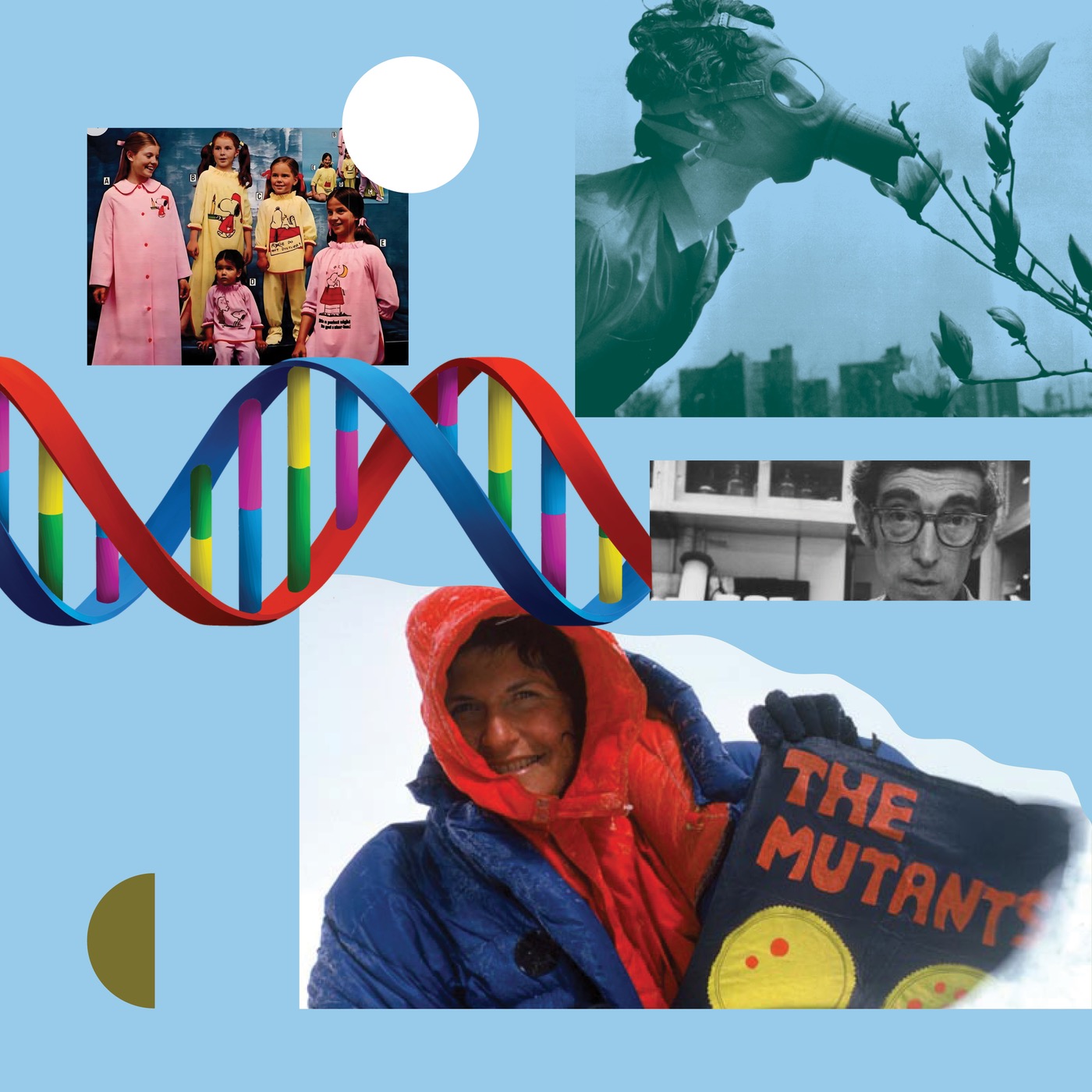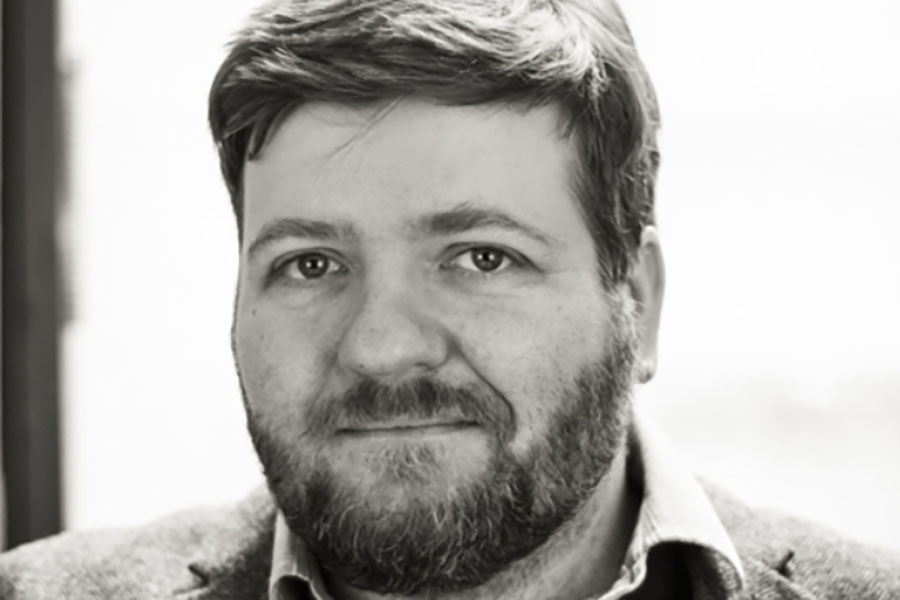Correcting Race
Certain medical instruments have built-in methods of correcting for race. They’re based on the premise that Black bodies are inherently different from White bodies. The tool that measures kidney function, for example, underestimates how severe some Black patients’ kidney disease is, and prevents them from getting transplants. Medical students and doctors have been trying to do away with race correction tools once and for all. And they’re starting to see some success. About Innate: How Science Invented the Myth of Race “Correcting Race” is Episode 9 of Innate: How Science Invented the Myth of Race, a podcast and magazine project that explores the historical roots and persistent legacies of racism in American science and medicine. Published through Distillations, the Science History Institute’s highly acclaimed digital content platform, the project examines the scientific origins of support for racist theories, practices, and policies. Innateis made possible in part by the National Endowment for the Humanities: Democracy demands wisdom. Credits | Resource List | Transcript Credits Hosts: Alexis Pedrick and Elisabeth Berry Drago Senior Producer: Mariel Carr Producer: Rigoberto Hernandez Associate Producer: Padmini Raghunath Audio Engineer: Jonathan Pfeffer “Innate Theme” composed by Jonathan Pfeffer. Additional music by Blue Dot Sessions. Resource List A Unifying Approach for GFR Estimation: Recommendations of the NKF-ASN Task Force on Reassessing the Inclusion of Race in Diagnosing Kidney Disease, by Cynthia Delgado, Mukta Baweja, Deidra C Crews, Nwamaka D Eneanya, Crystal A Gadegbeku, Lesley A Inker, Mallika L Mendu, W Greg Miller, Marva M Moxey-Mims, Glenda V Roberts, Wendy L St Peter, Curtis Warfield, Neil R Powe A Yearslong Push to Remove Racist Bias From Kidney Testing Gains New Ground, by Theresa Gaffney ‘An entire system is changing’: UW Medicine stops using race-based equation to calculate kidney function, by Shannon Hong Breathing Race into the Machine: The Surprising Career of the Spirometer from Plantation to Genetics, by Lundy Braun Expert Panel Recommends Against Use of Race in Assessment of Kidney Function, by Usha Lee McFarling Hidden in Plain Sight – Reconsidering the Use of Race Correction in Clinical Algorithms, by Darshali A. Vyas, Leo G. Eisenstein, and David S. Jones Medical student advocates to end racism in medicine, by Anh Nguyen Precision in GFR Reporting Let’s Stop Playing the Race Card, by Vanessa Grubbs Reconsidering the Consequences of Using Race to Estimate Kidney Function, by Nwamaka Denise Eneanya, Wei Yang, Peter Philip Reese

48m










































